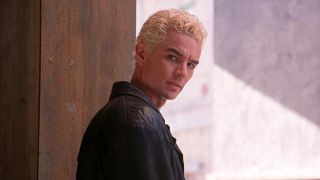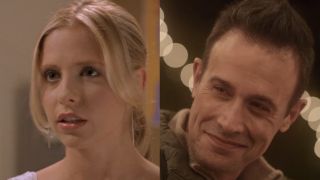Joss Whedon
Latest about Joss Whedon
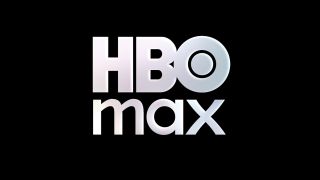
An Underrated Horror Flick Is Trending On HBO Max That I've Been Obsessed With For Years
By Corey Chichizola published
I feel so validated.
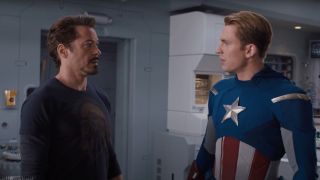
Joss Whedon Thought Filming Scenes With A Whole Bunch Of Avengers Arguing Was Hard. Then He Got To The 'Cars Exploding'
By Adam Holmes published
Joss Whedon figured that shooting the Avengers arguing in their first movie would be difficult, but the "cars exploding" proved to be even harder.
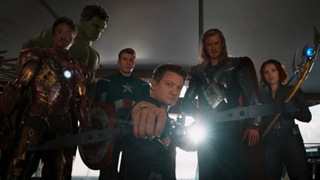
'It's All Wrong': Apparently The Avengers Almost Included A Totally Different Villain And One More Classic Marvel Hero Before Kevin Feige Stepped In
By Corey Chichizola published
The original Avengers movie could have looked very different.

The Original Avengers Writer Was Fired By Joss Whedon. Years Later, He's Called The Director A ‘Dick’
By Corey Chichizola published
Zak Penn wrote a draft of The Avengers before Joss Whedon scrapped it.
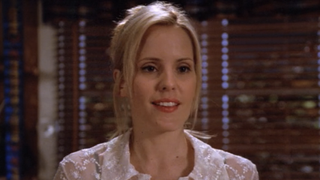
Buffy’s Emma Caulfield Ford Reveals ‘Effortless’ Collaboration With Tara Actress Amber Benson As Both A Co-Star And Director For Slayers: A Buffyverse Story
By Corey Chichizola published
Exclusives Audible's Slayers: A Buffyverse brought back a bunch of the show's OG actors.
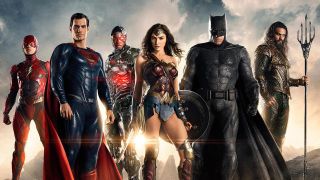
Former DC President Admits Joss Whedon's Justice League Was 'Terrible,' But Stops Short Of Totally Backing Zack Snyder
By Adam Holmes published
Diane Nelson made her negative feelings about Joss Whedon’s Justice League clear, though she didn’t throw her full support behind Zack Snyder either.
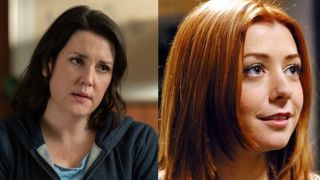
Melanie Lynskey Reveals She Was Nearly Cast As Willow In Buffy The Vampire Slayer, And What Went Wrong
By Corey Chichizola published
Yellowjackets star Melanie Lynskey nearly played everyone's favorite witch on Buffy.
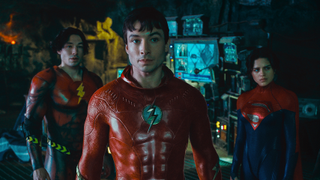
Proof The Flash is Canon To The Snyder Cut, And Not Joss Whedon's Justice League
By Sean O'Connell published
Some DC fans tried to link The Flash to Joss Whedon's Justice League. Instead, we have proof that this movie follows The Snyder Cut.
Your Daily Blend of Entertainment News
